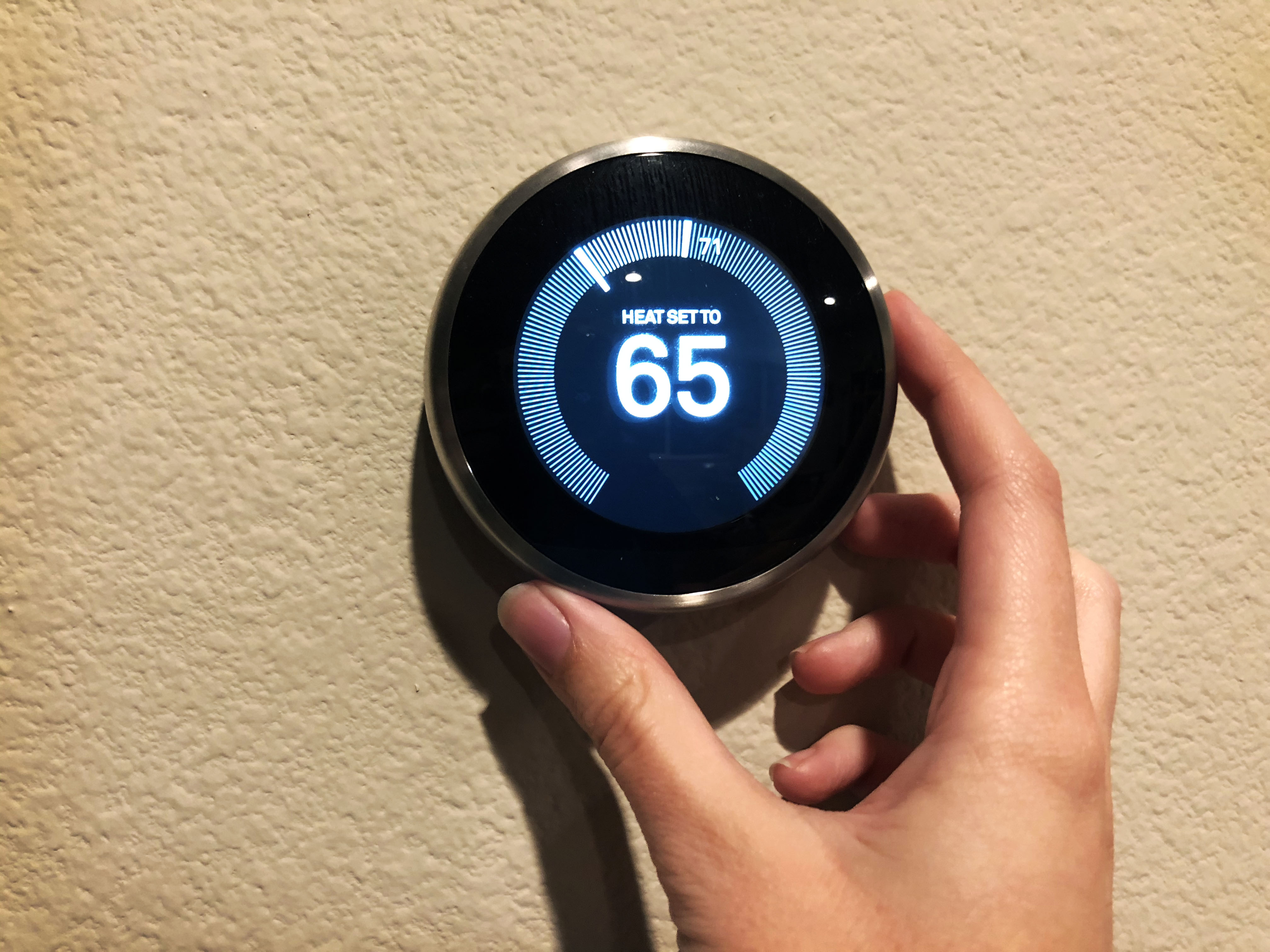Ways to be more earth friendly this Earth Day
Allison Vanderzanden | Lifestyle Editor
This Earth Day, let’s all take some time to consider what impact we are having on our environment and how we can ensure its protection for future generations. Though changing small things in one’s daily routine may seem meager, they certainly can add up. Try out a few of these tips for a more eco-friendly lifestyle, even if it’s just in the spirit of Earth Day; it may become clear that a more environmentally conscious lifestyle is more attainable than once thought.
Use less plastic — from straws, to utensils and coffee cups, to grocery bags, to water bottles, single use plastics permeate all areas of our lives. Go for reusable products instead; invest in bamboo or metal straws, tote and produce bags, reusable water bottles and travel mugs. When ordering takeout, ask for no plastic cutlery. Skip to-go cups from coffee shops and simply make a pot at home.
When it comes to food, the meat industry causes a massive detriment to the environment, driving deforestation, decreasing biodiversity and accounting for nearly almost 15% of the world’s greenhouse gas emissions according to the United Nations’ Food and Agriculture Organization. If going vegetarian or vegan is daunting, try participating in Meatless Mondays, or cook up one vegan recipe per week. Pasta dishes, tacos and rice based recipes can all be easy dinners to make without animal products in them. Shop local, such as at farmers markets, for an extra tasty and even more environmentally conscious meal.
As for food waste, start a compost pile. Toss leftover foods into a five- or ten-gallon compost bin instead of a trash bin. Even if there’s no backyard, indoor plants could still benefit from some nutrient rich soil. Depending on what method of composting is chosen — either aerobic, anaerobic or vermicomposting — results can be finished in as little as two weeks.

At home, there are a number of eco-friendly strategies that can be implemented. Take shorter showers, even if it’s only by a couple of minutes, to conserve water. Do laundry only when necessary using cold water, and turn down the heat on the dryer while using reusable dryer balls instead of dryer sheets — or simply hang dry clothes. Also unplug appliances and electronics when no one is going to be using them for a while.
As the days warm up, adjust the thermostat just a couple degrees warmer, instead relying on fans and open windows as much as possible. If the house gets too hot inside, try drawing window shades and turning on ceiling fans in a counterclockwise direction to pull the heat upwards. At night, turn the thermostat off or program it to only come on at exceptionally low or high temperatures.
One of many great things about living in a digital age is that it can cut out reliance on paper significantly. Look for e-book versions of textbooks — which can also be the cheaper option in some cases. If bills or checks are received in a paper form, see if paperless service can be opted into. As for online shopping, be sure to choose stores that ship packages sustainably, in minimal packaging and with little plastic or plastic-free materials.
For many, driving is the easiest way to get around, but for those who live in town, it is possible to bike or walk to some locations. Experiment on one sunny day with only walking to local errands, or try getting the hang of public transit. Carpooling with coworkers and friends can also curb greenhouse gas emissions, but continue to be mindful of COVID-19 health guidelines.
As individuals, the best thing we can do for the environment is to keep our carbon footprint in check. A carbon footprint is a measurement of our personal greenhouse gas production. Many of the provided tips will help reduce our carbon footprints, even if it’s only slightly. A carbon footprint calculator can be found at conservation.org, along with even more tips for decreasing personal impact.

Contact the author at avanderzanden19@mail.wou.edu

